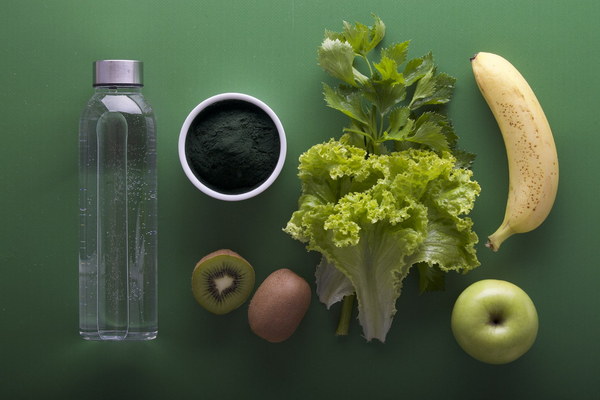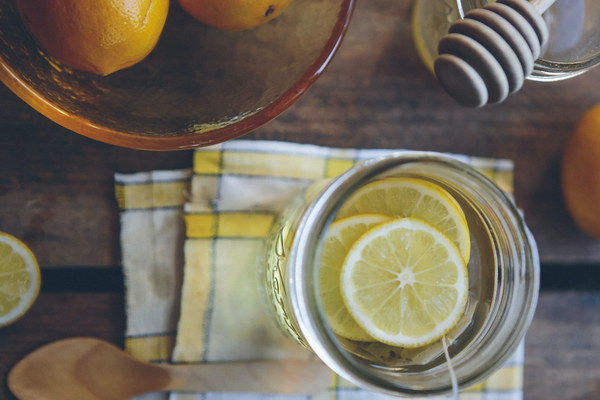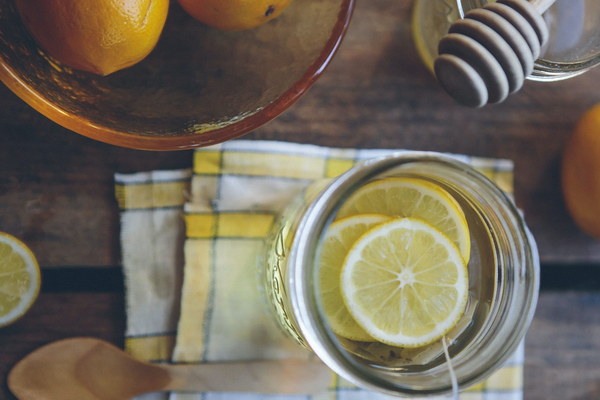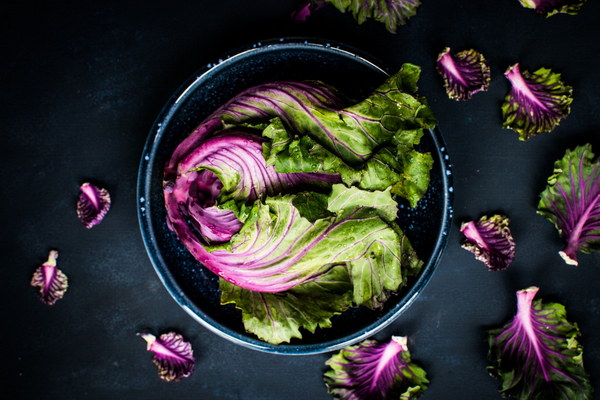Boost Your Immunity How Your Liver Can Help Wipe Out Dampness in the Body
Introduction:
Dampness is a common health issue in many cultures, particularly in climates with high humidity. It is characterized by symptoms such as fatigue, joint pain, and digestion problems. While there are many ways to alleviate dampness, one of the most effective methods is to target the liver. The liver plays a crucial role in the body's metabolism, and maintaining its health can help eliminate dampness. In this article, we will discuss how the liver can help eliminate dampness and provide you with tips on how to keep it healthy.
1. The Liver's Role in Metabolism
The liver is an essential organ that performs various functions in the body, including metabolism. It breaks down nutrients from food, detoxifies harmful substances, and produces bile, which aids in digestion. One of the liver's primary functions is to regulate the balance of fluids in the body, ensuring that they are properly distributed and eliminating excess fluids.
2. How the Liver Helps Eliminate Dampness
When the liver is functioning properly, it helps to maintain the body's fluid balance, thereby reducing dampness. Here's how it does it:

a. Detoxification: The liver detoxifies harmful substances, including excess dampness, from the body. By removing these toxins, the liver helps to prevent the accumulation of dampness in the body.
b. Production of Bile: Bile, produced by the liver, aids in digestion and the absorption of nutrients. When the liver produces an adequate amount of bile, it helps to break down and absorb dampness, thereby reducing its presence in the body.
c. Fluid Regulation: The liver helps regulate the fluid balance in the body, ensuring that excess fluids are eliminated. This process helps to reduce dampness, as fluid retention is a common symptom of dampness.
3. Tips for Keeping Your Liver Healthy
To maintain optimal liver function and help eliminate dampness, consider the following tips:
a. Eat a Balanced Diet: Consume a well-balanced diet that includes a variety of fruits, vegetables, whole grains, lean proteins, and healthy fats. This helps provide the nutrients needed for liver function and reduces the risk of dampness.
b. Limit Alcohol Consumption: Excessive alcohol consumption can strain the liver and lead to dampness. Limit your alcohol intake to reduce the risk of liver damage and dampness.
c. Stay Hydrated: Drinking plenty of water helps maintain the body's fluid balance, reducing the risk of dampness. Aim to drink at least 8-10 glasses of water per day.
d. Exercise Regularly: Regular exercise improves liver function and aids in the elimination of dampness. Aim for at least 30 minutes of moderate exercise most days of the week.
e. Manage Stress: Chronic stress can negatively impact liver function and contribute to dampness. Practice stress-reducing techniques, such as meditation, yoga, or deep breathing exercises, to support liver health.
Conclusion:
The liver is a vital organ that plays a significant role in eliminating dampness from the body. By maintaining its health through a balanced diet, limiting alcohol consumption, staying hydrated, exercising regularly, and managing stress, you can help your liver effectively eliminate dampness and improve your overall health.









